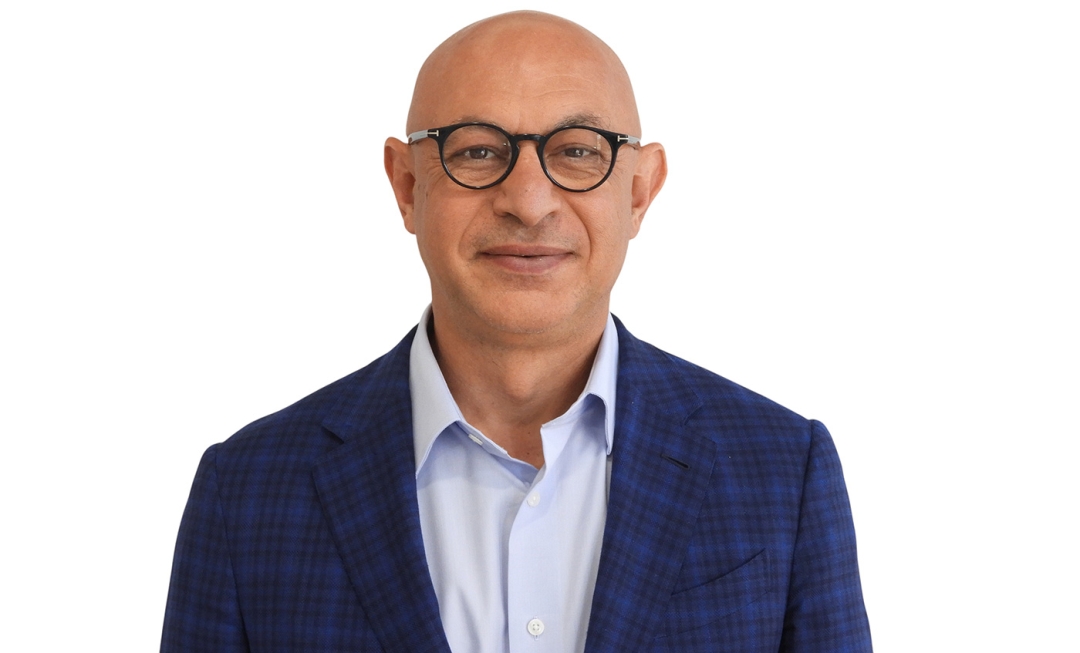Beverly Hills, California - October 7, 2025 - In his recent feature, “Armik Aghakhani: Discipline, Big Ideas, and Lasting Impact,” entrepreneur Armik Aghakhani is urging professionals and leaders to rethink what productivity really means. Instead of chasing endless hacks or overfilling schedules, he advocates for simple daily practices, creative space, and intentional collaboration.
“True progress doesn’t come from massive leaps,” Aghakhani says. “It comes from small, consistent steps, repeated daily.”
Research underscores his point. A Gallup study shows that 76% of employees report feeling burned out at least sometimes, while the American Psychological Association links chronic busyness to rising stress and reduced creativity. For Aghakhani, the answer is not working harder—it’s working smarter.
The Case for Boredom and Creativity
One of Aghakhani’s most surprising calls is to embrace boredom. “Boredom is underrated,” he explains. “When you stop filling every minute with noise, you leave space for your best ideas to surface.”
His perspective aligns with a University of Central Lancashire study, which found that people tasked with boring activities generated more creative solutions afterward. In a culture that prizes constant stimulation, Aghakhani sees empty time as a competitive advantage.
Lessons in Leadership and Alignment
Aghakhani also reflects on the importance of alignment in business. Early in his career, he pushed forward a project without securing buy-in, and the initiative faltered. “The idea wasn’t the problem—the execution was,” he recalls. “That failure taught me to slow down and involve people earlier. When a team feels ownership, results improve.”
A Call to Action for Individuals
Rather than focusing on corporate mandates or expensive tools, Aghakhani stresses what individuals can do on their own:
-
Set three clear goals each night before bed to create next-day momentum.
-
Schedule 20 minutes of screen-free boredom time to spark creativity.
-
Treat failures as data, not dead ends, and look for lessons in the outcome.
-
Move when focus slips—a short walk or stretch can reset the mind faster than staring at a screen.
“The best changes don’t require a big budget or a big team,” Aghakhani adds. “They start with personal habits anyone can build into their day.”
About Armik Aghakhani
Armik Aghakhani is an entrepreneur and strategist known for turning big ideas into real-world solutions. His career reflects a balance of discipline, experimentation, and collaboration, with a focus on building practices that drive sustainable success.
To read the full article, click here.
Email: armikaghakhani@emaildn.com
Media Contact
Contact Person: Armik Aghakhani
Email: Send Email
Country: United States
Website: https://www.armikaghakhani.com/






